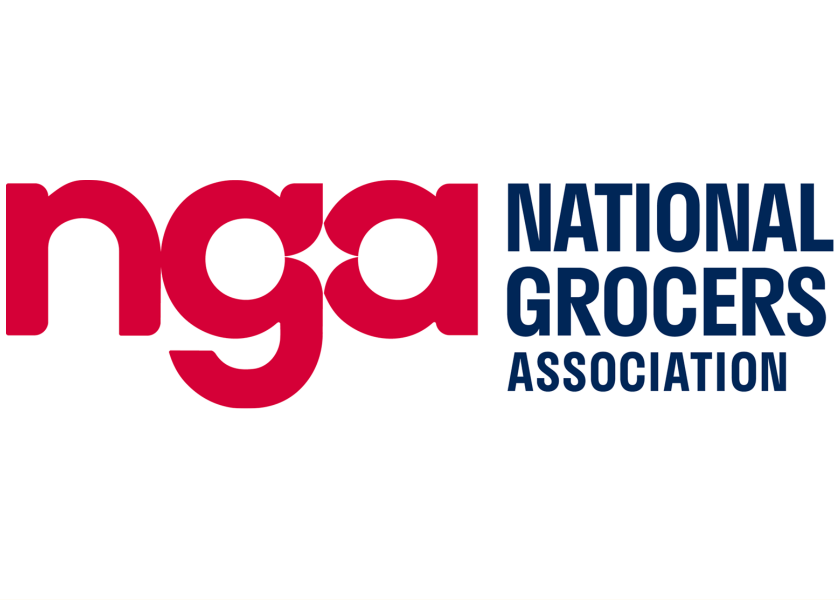NGA calls for congressional action after FTC report on pandemic-era supply chain

The National Grocers Association is calling on key congressional leaders to act after a Federal Trade Commission report the association says suggests major national grocers capitalized on supply chain disruptions during the COVID-19 pandemic to solidify their market dominance to the detriment of competition and consumer welfare.
NGA is a national trade association representing retail and wholesale community grocers that comprise the independent sector of the food distribution industry.
A letter sent to lawmakers, signed by NGA Chief Government Relations Officer and Counsel Chris Jones, calls for hearings in the short term followed by meaningful legislative reform. The letter was addressed to addressed to Sens. Amy Klobuchar, D-Minn., and Mike Lee, R-Utah, of the Senate Subcommittee on Competition Policy, Antitrust and Consumer Rights, and Reps. Thomas Massie R-Ky., and Lou Correa, D-Calif., of the House Subcommittee on the Administrative State, Regulatory Reform, and Antitrust.
View the report — "Feeding America in a Time of Crisis: The United States Grocery Supply Chain and the COVID-19 Pandemic"
"The report supports the National Grocers Association's longstanding assertion that consolidation and buyer power in the grocery sector lead to discriminatory practices against independent grocers, resulting in elevated prices and diminished choices for consumers," Jones wrote in the letter.
"These findings necessitate further investigation and consideration of legislative remedies to foster a fairer marketplace in the U.S. supermarket sector," he added.
According to the report, major chains penalized suppliers that didn’t deliver on time during the pandemic, ensuring that their own stores would be stocked while the shelves of smaller competitors were barren, the NGA said in a news release.
To gain access to scarce products and therefore a competitive advantage, some companies — most often larger ones — used policies that imposed strict delivery requirements on their upstream suppliers and threatened fines for noncompliance, according to the report.







